There are so many businesses that just don’t “get” content marketing. They use it as a blunt force tool, without any finesse.
You can always tell when their heart isn’t in it. Part of that is due to general quality and consistency in posting. But mostly it’s a feeling; they just aren’t trying understanding their own brand, and it comes through.
On the other hand, these companies absolutely get their content marketing strategy.
Travel сontent is very hit and miss genre. It has such a specific purpose, and requires first-hand experience (sometimes live experience) in order to make all the pieces fit. Trailwind is a fantastic blog by travel site Hipmunk.
They are informative, traveler-friendly posts that aim to give practical advice on making the most out of a holiday. They seem to really understand what their audience wants and needs, and gives it to them. There is no romanticized post padding here, just info that their readers can actually use.
Unless you have spent the last decade living in a hole in the desert, you have listened to at least one TEDTalk. While you can find lectures on literally any topic, this brand’s presentations are unique.
Not only do they cross the spectrum of subject and expert, but they offer them in small, easily digested talks in singular video formats. All across multiple platforms (YouTube, their site, podcasts, collections via Netflix, etc).
Microblogging received a makeover with Twitter, but it didn’t end there. While not many blogs use the method these days, some have managed to figure out a way to microblog and generate leads at the same time.
Birchbox is a great example. They use tiny, quickfire posts that encourage lead generation and conversion. It is effective, and yet obviously very quick and easy from their end.
Sometimes it is just a matter of being prolific and inclusive. The For Dummies series has been producing books on every subject imaginable for decades.
Now they have expanded into video tutorials, where you can learn everything from how to do calculus, to how to rebuild the engine in a Mustang. Their videos follow a certain format that is clear and easy to follow.
Most blogs that represent a brand are going to be careful about voicing opinions stronger than “I like this, but other things are OK too!” Basecamp decided to move beyond the tip toeing and go full blast.
Signal VS Noise is a separate blog to their brand’s blog, but is still connected. They publish posts by themselves and their friends (i.e. guest posters) that make bold claims and defend opinions. They don’t pull any punches, and get rid of the calculated pussyfooting that is so common on blogs today.
This technology blog differs from the norm because it doesn’t even pretend to explain anything. It aims at an audience that is already well aware of the state of the tech field.
Instead of trying to break things down for a layman who may some across the articles, it jumps right into specialized and expertise pieces. While it might not be an inclusive site, it knows who its audience is and what they expect. They don’t cast their net too wide.
McDonalds has had a few questionable misses with their marketing strategies in the past, most notably their #McDStories debacle. But one instance of them doing things right was McDonalds Canada’s Your Questions campaign.
Attempting to engage with a jaded customer base of millennials, it answered all of their questions about food quality, sustainable fare, business practices, and more. By doing this, they addressed concerns that had vastly undermined the value of their brand, while connecting with an audience that had been difficult to engage with in the past.
When you are trying to cultivate a luxury image, you need all of your content to reflect that feeling.
Williams-Sonoma’s Taste tried to do just that, and they succeeded. To show off their brand as a luxury one, they post blog posts that have a very polished feel to them. Everything from the subject of the posts to the layout and design of the blog lends itself to that exclusiveness.
Do you have a company you think has really nailed their content marketing strategy? Let us know in the comments!


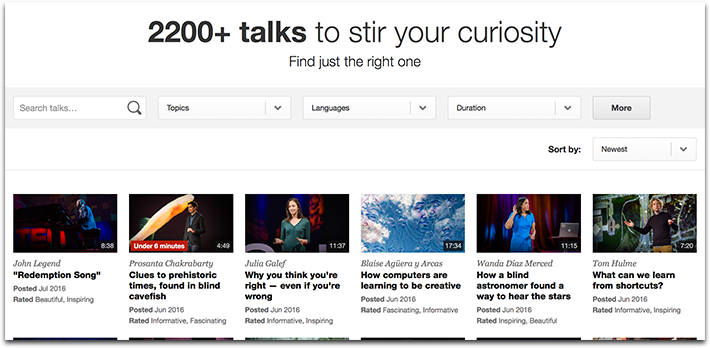
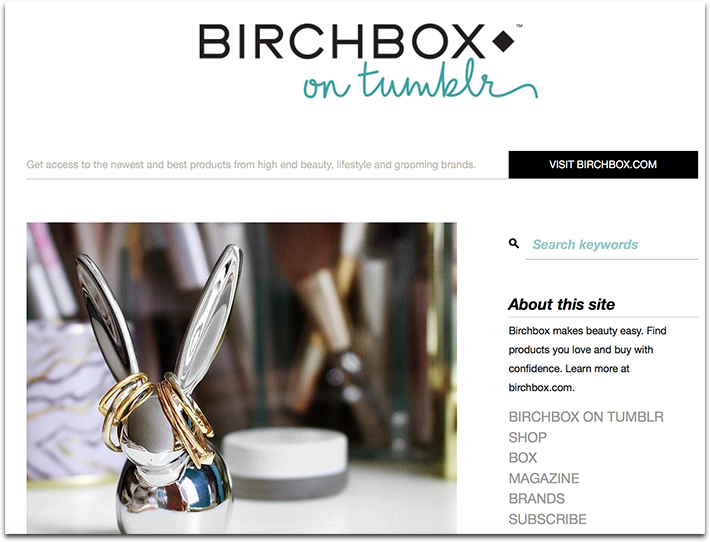
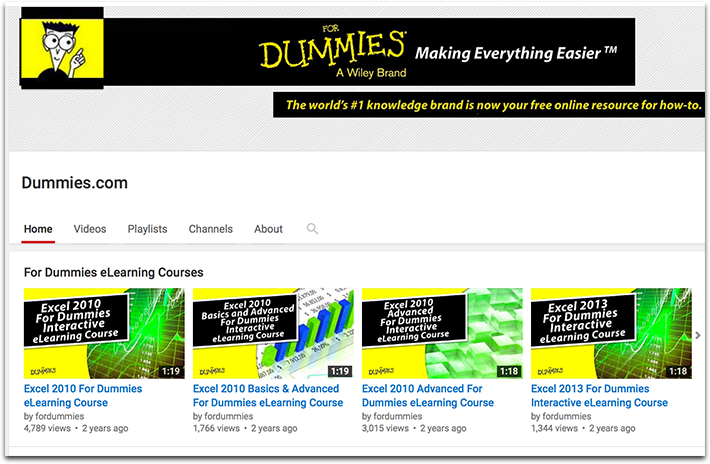
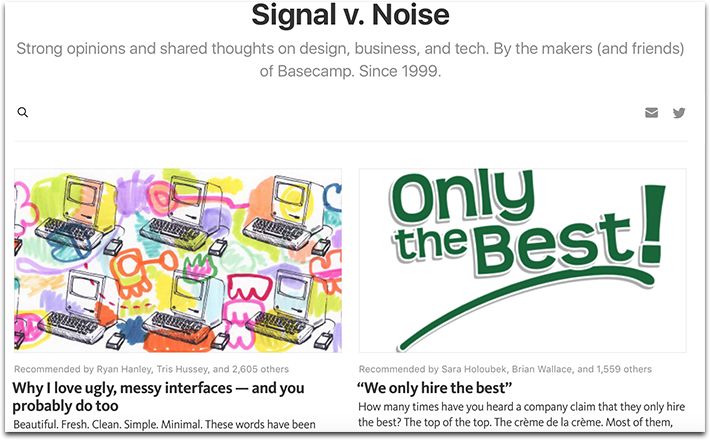

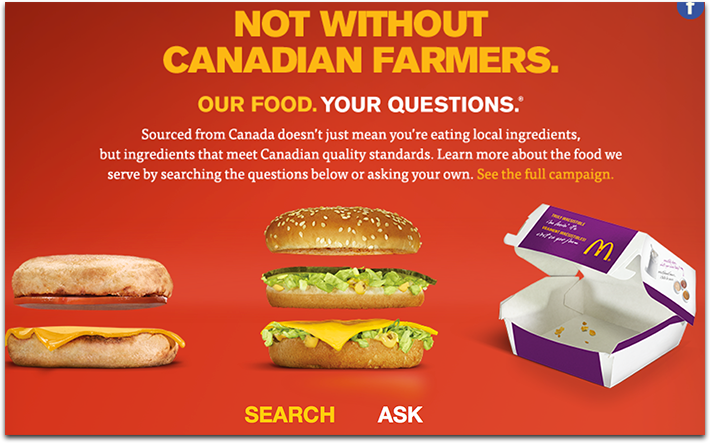
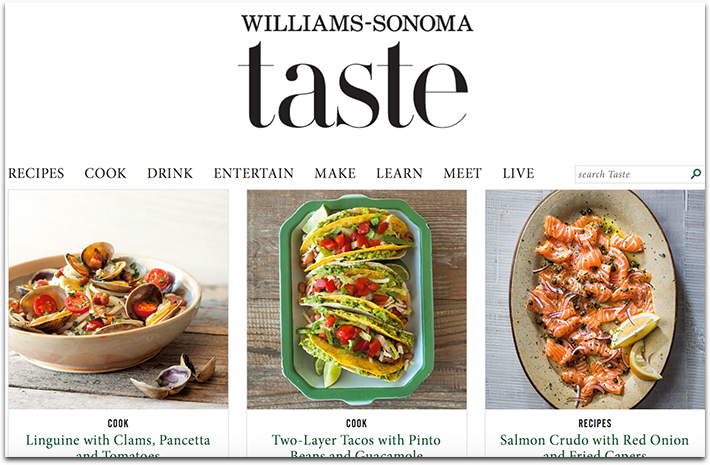



4 Responses
I agree with you, Ann that a lot of companies use content marketing to tell versus show their customers. This comes across as information-overload. Thanks for pointing out that Basecamp is being daring by getting interesting with their bold claims and stronger opinions. A strong opinion can work wonders as long as it’s done respectfully and not through criticizing or judging competitors or other companies. I love the comparison between the visuals of McDonalds and Williams–Sonoma. Their unique ways of visualizing food are perfect for their brands – tasty food you crave versus tasty food that nourishes you.
A smaller “blogger style” company who rocks as content marketing is Pat Flynn’s Smart Passive Income site. The personalized content on his site quickly earns his audience’s trust. His honest, authentic style is consistent throughout his site. It’s a unique way for a small, niche company to use content marketing well. ~Keri
Thanks for the awesome comment, Keri! I am thrilled to know that you liked the examples!
Great example! Content provides real value not only for SEO but for customers as well .Always bear in mind that the quality of your content is a direct reflection on your business. The better the content the more effective it will be.
Awesome examples.. I agree with you that now people are doing content marketing only for the sake of doing it or for SEO purposes. But the fact is that doing such content does not help in anyway. It can create a bad image for business. One should be very clear about what they are sharing and how it connects with their brand.
Comments are closed.